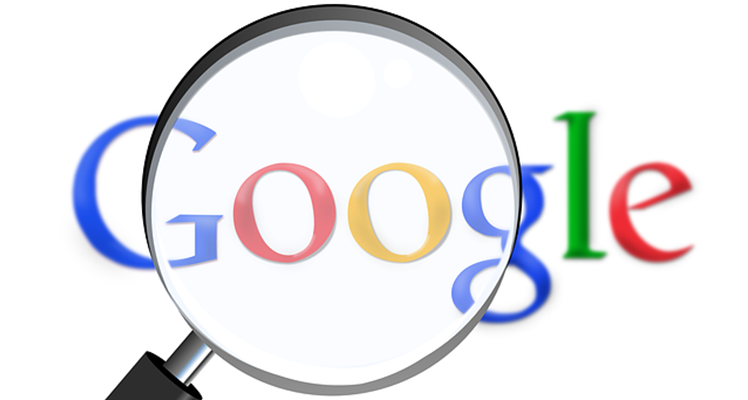In Russia, the Roskomnadzor state online watchdog briefly added the local language portal of Internet search engine giant Google to a list of prohibited websites last week due to the domain allegedly displaying a link for a banned sportsbetting website.
According to a report from The Washington Times newspaper citing a story from The Moscow Times, locals were denied access to the Google.ru Russian-language portal for about three hours on Thursday due to the search engine featuring a link to a domain included on the nation’s official black-list of outlawed websites, which currently runs to over 6,000 names.
“Google.ru was redirecting to a bookmaker that was on the tax service’s register of restricted websites,” Aleksandr Zharov from Roskomnadzor told the Interfax news service. “Google.ru has fulfilled all the requirements, deleted everything and, respectively, has been removed from the single registry.”
The unnamed prohibited sportsbetting website was reportedly banned following a tax ruling in June of 2016 while the newspaper alleged that several major local Internet service providers such as TTC had already begun limiting access to Google.ru before Roskomnadzor took the decision to officially prohibit entry.
This is not the first time that Google has run afoul of Russian officials as it agreed to pay a fine of nearly $8 million in April after being found guilty of abusing its dominant position in the nation’s mobile applications market. The American giant allegedly moreover signed a nearly seven-year agreement that saw it stop forcing local smartphone manufacturers to install its software on an obligatory basis.
In related news, Google was earlier today ordered to pay a fine of $2.7 billion after the European Commission ruled that the company had abused its powers by promoting its very own shopping comparison service at the top of its search results.
According to a report from the British Broadcasting Corporation (BBC), the fine represents the largest amount the European Union regulator has ever levied as a result of an anti-competition case. The cash must now be handed over within 90 days or Google could face further penalties including being required to make payments worth 5% of the average daily global earnings of its Alphabet Incorporated parent, which could run to as much as $14 million a day.
“What Google has done is illegal under European Union anti-trust rules,” read a statement from Margrethe Vestager, the European Union’s European Commissioner for Competition. “It has denied other companies the chance to compete on their merits and to innovate and, most importantly, it has denied European consumers the benefits of competition, genuine choice and innovation.”
The BBC reported that Google previously argued that services such as those operated by Amazon and eBay have more influence over the public’s spending habits than its own, with the California company now allegedly considering whether to lodge an appeal.
“When you shop online, you want to find the products you’re looking for quickly and easily and advertisers want to promote those same products,” read a statement from Google issued after the ruling. “That is why Google shows shopping ads, connecting our users with thousands of advertisers, large and small, in ways that are useful for both. We respectfully disagree with the conclusions announced today. We will review the [European] Commission’s decision in detail as we consider an appeal and we look forward to continuing to make our case.”


